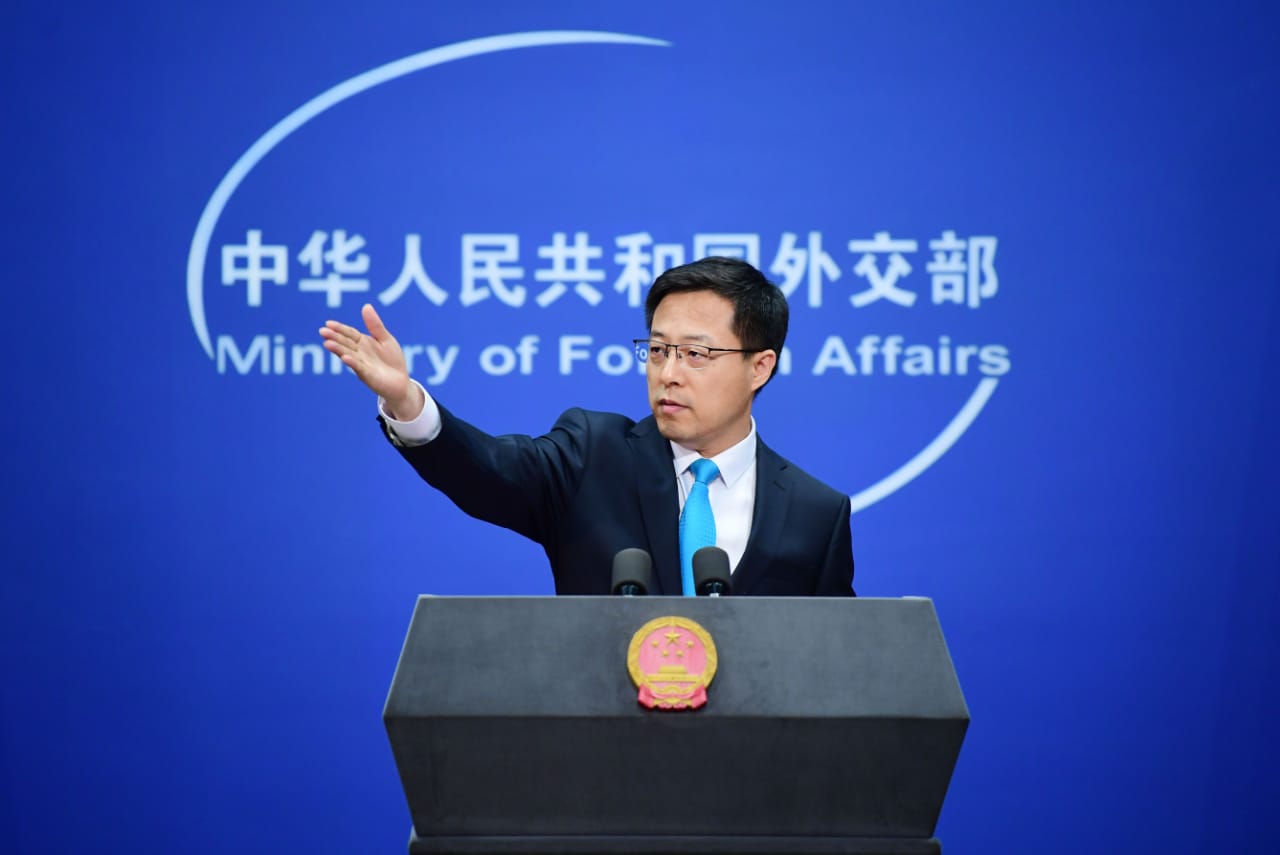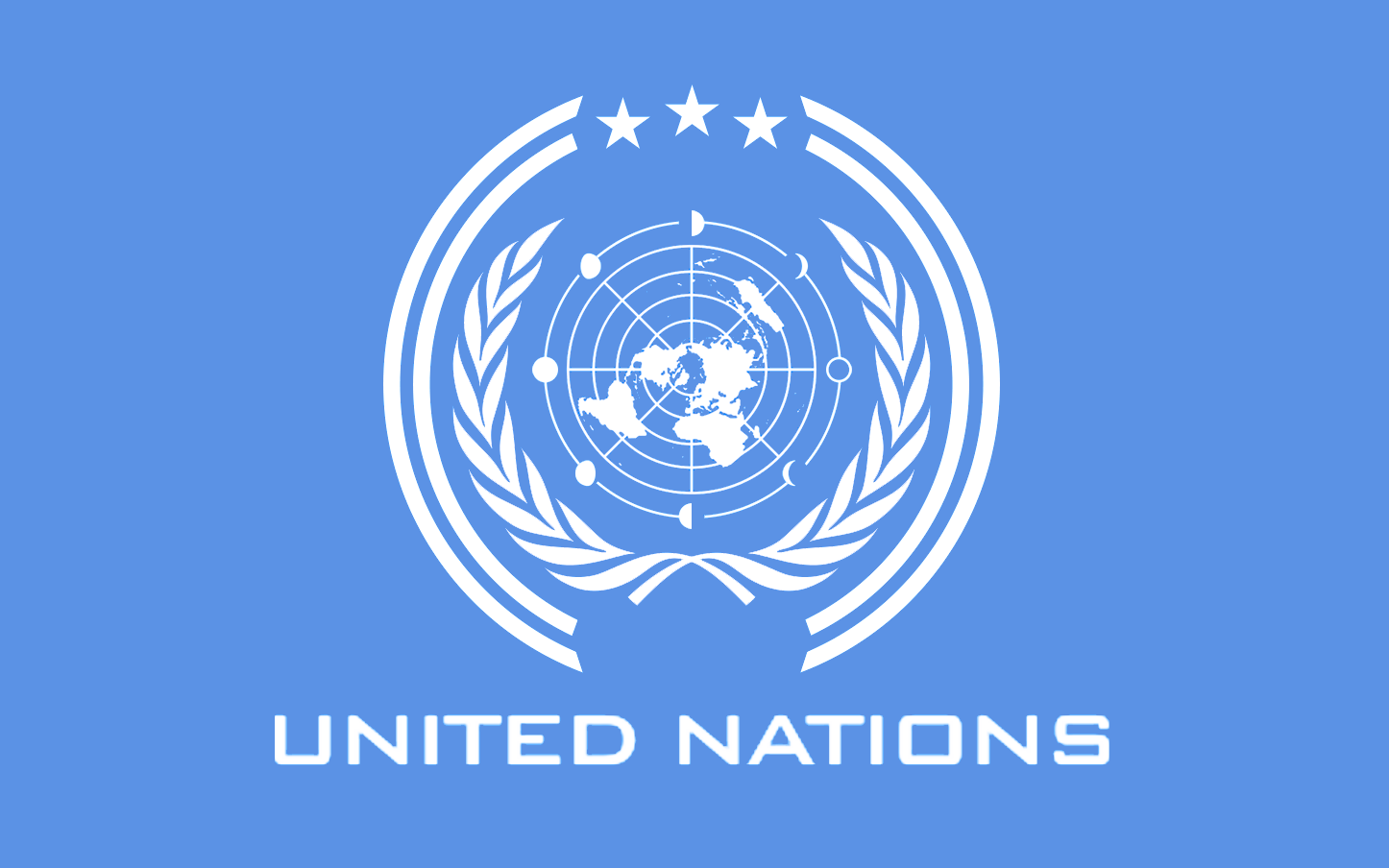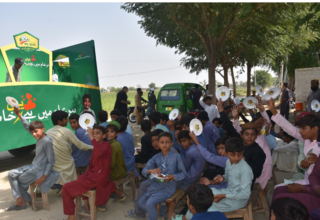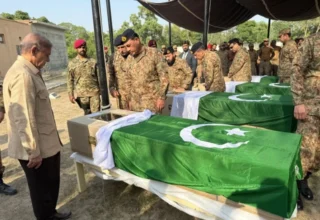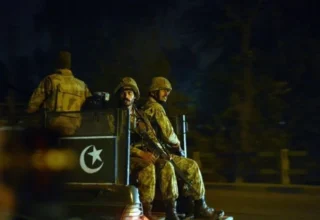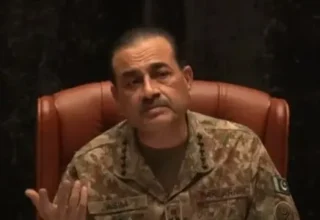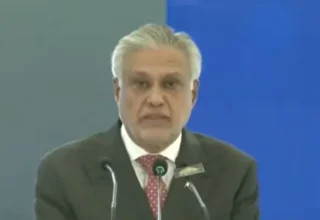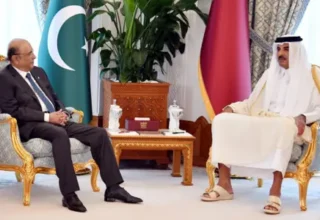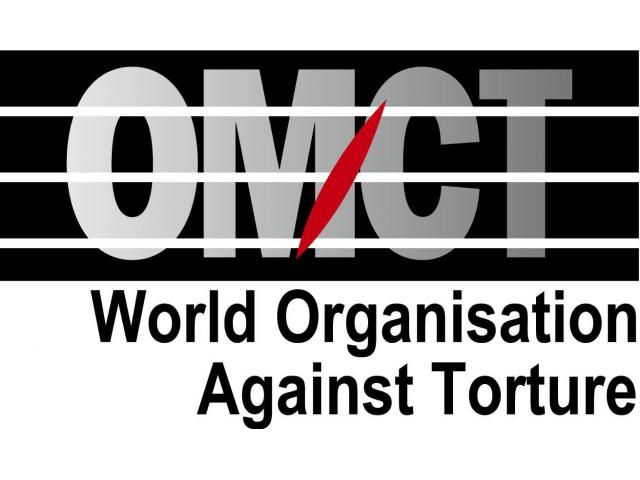
Six leading global human rights bodies have jointly called upon the Indian government to release all the illegally detained Kashmiris in the Indian occupied territory on priority besides ensuring the protection of their basic human rights to health, liberty, freedom of movement and protection from torture.
The demands were made by Amnesty International India, Asian Forum for Human Rights and Development (FORUM-ASIA), CIVICUS: World Alliance for Citizen Participation, International Commission of Jurists (ICJ), International Federation for Human Rights (FIDH) and World Organisation Against Torture (OMCT) in a joint statement issued simultaneously from Geneva, Paris, and New Delhi the other day.
Reminding the Indian authorities about their international rights obligations, these rights groups demanded the immediate release of all arbitrarily detained prisoners in the Indian Occupied Jammu and Kashmir (IOJK), including journalists, human rights defenders, political leaders, and others detained for demanding the right of self-determination, and all those arrested after August 5, last year.
It was also demanded of the Indian government to ensure that safeguards against torture and ill-treatment of people in custody, including access to lawyers and medical examinations, were maintained during the COVID-19 emergency and restore full access to high-speed internet in IOJK.
The statement said the fate of hundreds of arbitrarily detained Kashmiri prisoners hung in the balance as the number of confirmed cases of coronavirus in India passed the 4,000 mark and many more were likely to remain undetected or unreported.
Last month, the Indian home ministry revealed that 7,357 persons had been arrested in IOJK since August 5, 2019.
Hundreds of these were detained under sections 107 and 151 of the Criminal Procedure Code, the Unlawful Activities (Prevention) Act (UAPA), and the Public Security Act (PSA), a controversial Indian law which allowed the administrative detention of any individual for up to two years without charge or trial.
Reportedly, many of those still detained were minors, it added.
The statement said, “Many of those detained were transferred to prisons all across India, thousands of kilometres away from their homes, hampering their lawyers’ and relatives’ ability to visit them.
Some of the families, often too poor to afford to travel, have been left with nothing but concerns over the physical and psychological wellbeing of their loved ones.”
The statement – while referring to the Indian home ministry’s recent announcement over the release of prisoners – said, “There is a concern that hundreds of Kashmiri youth, journalists, political leaders, human rights defenders and others arbitrarily arrested in the course of 2019, including following the repeal of Article 370 of the Indian Constitution on August 5, 2019, will not be among those benefiting from the measure.

Article 370 provided special status to Jammu and Kashmir.
“The human rights groups and UN experts had repeatedly called for the release as a matter of priority for those detained without sufficient legal basis, including political prisoners.
Under international law, India had an obligation to ensure the physical and mental health and wellbeing of inmates. However, with an occupancy rate of over 117%, precarious hygienic conditions and inadequate health services, the overcrowded Indian prisons constituted the perfect environment for the spread of coronavirus,” it added.
The statement cited cases of Miyan Abdul Qayoom, a human rights lawyer and president of the Jammu and Kashmir High Court Bar Association, was also cut off from his family and lawyer.
Detained since August 4, 2019 in India’s Uttar Pradesh State, he was transferred to Tihar jail in New Delhi following a deterioration of his health.
Qayoom, 70, suffers from diabetes, double vessel heart disease, and kidney problems.
Ghulam Mohammed Bhat was also transferred to a jail in Uttar Pradesh. In December 2019, he died thousands of kilometres away from his home at the age of 65 due to lack of medical care.
It demanded that in such a situation, prison authorities must ensure that alternative means of communication, such as videoconferencing, phone calls and emails, were allowed.
However, this had not often been the case. Especially in the IOJK where full internet services were yet to be restored after a communication blackout imposed on the population on August 5, 2019, contacts between inmates and the outside world were even more limited, it added.
The rights bodies said, “The isolation of inmates from the outside world is even more alarming in light of the huge number of deaths in custody, pointing towards the use of torture and ill-treatment in Indian prisons.
Allegations of torture and ill-treatment against Kashmiri prisoners as part of a decades-long pattern of abuses have been repeatedly denounced by human rights groups and UN bodies.”
The statement reminded the Indian government that no one must ever be tortured, ill-treated, or arbitrarily deprived of their liberty.
“These are not new issues. The government of India must urgently address them, regardless of the threat of a global pandemic. A truly healthy society is one where fundamental rights are enjoyed by all, in time of crisis and beyond,” it stressed.
The statement also referred to a statement of United Nations High Commissioner for Human Rights Michelle Bachelet in this regard.
Separately, United Nations Secretary General Antonio Guterres called for a very close look at the continued confinement of Kashmiri prisoners in Indian occupied Jammu and Kashmir amid growing cases of the deadly coronavirus.
The Secretary General’s spokesperson, Stephane Dujarris, told a media briefing in New York that all member states needed to take care of prisoners during the pandemic. As for prevailing situation in occupied Kashmir, he said the secretary general believed in political solution to the issue.


